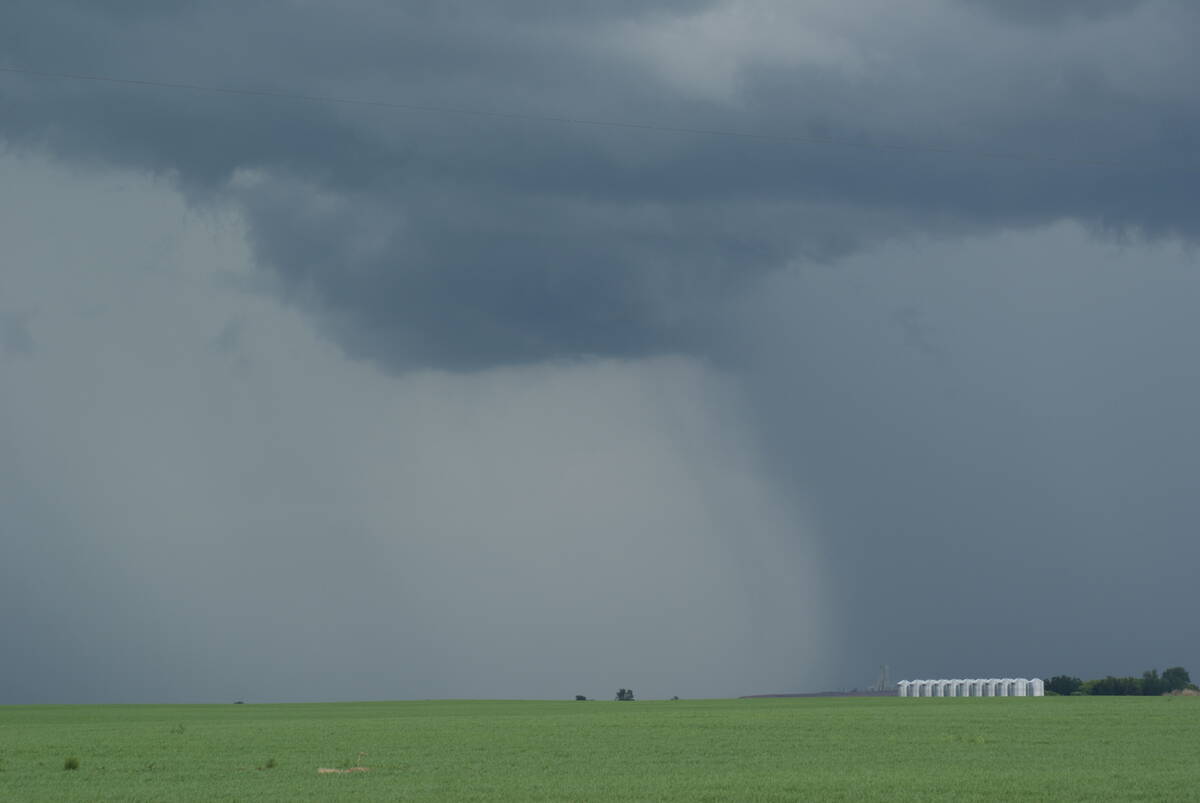Ten or 15 years ago, you could hardly pick up a newspaper or magazine in Western Canada and not read about farm stress.
The articles aren’t so prevalent these days, but farm stress is still with us.
Just ask Nikki Gerrard.
She’s a farm stress counselor from Saskatoon who has been meeting with farmers, health district personnel and others concerned about rural stress.
A community psychologist, she has been working in the field for about 10 years.
Gerrard was in Kindersley, Sask., last week meeting with health district officials and other interested people. We had a lively discussion about stress and farming.
Read Also

Canadian farmers need new tools to support on-farm innovation
Farmers need a risk management buffer that actually works and investment that drives advancements forward if Canada is to build resilience.
We agreed, in the end, that while farm stress is still with us, and always will be, given the nature of the industry, farmers on the whole are handling it better.
One woman talked about how she and her husband and their friends and neighbors get together and talk about the difficulties they are having.
Another said that when farmers go to the elevator for coffee, they talk about stress and the economic difficulties around low grain prices.
The situation may not be good, but talking is healthy. In the late 1980s, no one was talking. The stress was there, but much of it was internalized.
People were carrying on as if nothing was wrong. But gradually, support groups were formed, farmers went for debt counselling, they learned others were in the same situation, and that they might have to do other things to make the farm work – diversify, take an off-farm job, and lower their expectations.
The farmers of today are largely the survivors of that era and it’s no surprise they are handling stress better.
Around the table, however, we kept coming back to one group that is largely helpless in the current income-crunch: youth.
If their parents have no way to control the situation, they have less – less impact, less power, fewer options. They are the ones under the deepest stress and who need resources to cope.
Prairie West Health District personnel are working on a youth program.
Small business people in rural Saskatchewan are another group that could use some help coping with stress.
When a farmer goes out of business, too often it is a case of quietly closing the doors and walking away with no visible support or transition programs and possibly a bankruptcy on the horizon.
Hopefully a Nikki Gerrard of rural business will appear and this group will get some much-needed help as well.














